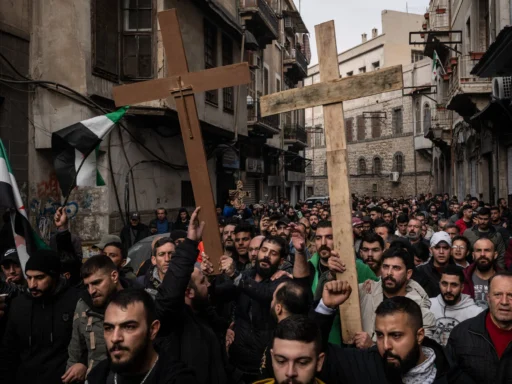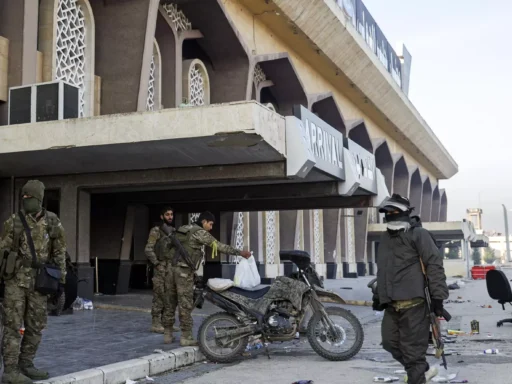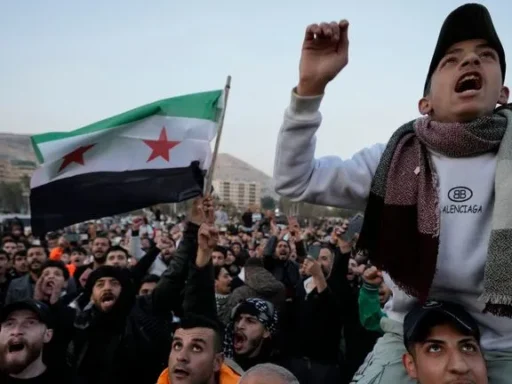Turkey’s involvement in the Syrian conflict has been a focal point of international diplomacy and military strategy. With geopolitical interests and regional stability at stake, Turkey’s military support to Syria is a multi-dimensional endeavor that warrants a detailed exploration. This article delves into the various aspects of Turkey’s strategic role in Syria, shedding light on the political, military, and humanitarian dimensions of its involvement.
Military Support:Historical Context of Turkey-Syria Relations
A Complex Neighbors’ History
Turkey and Syria share a long, intricate history shaped by territorial disputes, cultural ties, and political tensions. The Hatay Province, annexed by Turkey in 1939, remains a contentious issue, and water-sharing agreements over the Euphrates River have often fueled disagreements. Despite these historical frictions, Turkey and Syria have shared economic and security collaborations, particularly during the early 2000s under the Adana Agreement.
Syrian Civil War: A Turning Point
The Syrian Civil War, which erupted in 2011, marked a seismic shift in Turkey-Syria relations. Turkey initially sought a diplomatic resolution, urging Syrian President Bashar al-Assad to implement reforms. However, as the conflict escalated, Turkey became a staunch supporter of opposition groups, providing military and logistical assistance to counter the Assad regime.

Turkey’s Military Operations in Syria
Operation Euphrates Shield (2016)
In 2016, Turkey launched Operation Euphrates Shield, its first major incursion into northern Syria. This operation aimed to:
- Combat ISIS militants operating near the Turkish border.
- Prevent the establishment of a Kurdish-controlled corridor by the YPG, a group Turkey views as an extension of the PKK (Kurdistan Workers’ Party).
- Secure border areas to facilitate the return of Syrian refugees.
Operation Olive Branch (2018)
Targeting the Afrin region, Operation Olive Branch was Turkey’s next significant military move. The primary objectives included:
- Neutralizing YPG forces in Afrin.
- Establishing a “safe zone” to host displaced Syrians.
- Protecting Turkey’s territorial integrity against cross-border threats.
Operation Peace Spring (2019)
In 2019, Turkey initiated Operation Peace Spring to clear a 30-kilometer-deep zone in northeastern Syria of YPG forces. This operation sought to:
- Establish a “safe zone” for the resettlement of Syrian refugees.
- Reduce the influence of Kurdish forces in the region.
- Secure Turkey’s borders from potential terrorist threats.
Military Coordination with Russia and the U.S.
Turkey’s military strategy in Syria involves careful coordination with global powers like Russia and the United States. The Astana Peace Process, co-led by Turkey, Russia, and Iran, highlights Turkey’s diplomatic efforts to stabilize Syria while maintaining its strategic interests.

Geopolitical Implications of Turkey’s Involvement
Countering Kurdish Autonomy
One of Turkey’s primary objectives in Syria is to prevent the establishment of a Kurdish autonomous region near its borders. The Syrian Democratic Forces (SDF), led by the YPG, have been instrumental in fighting ISIS but are viewed by Turkey as a direct threat to its national security.
Regional Power Dynamics
Turkey’s actions in Syria have reshaped regional power dynamics. Its military presence has not only bolstered its influence in the Middle East but also positioned Turkey as a key player in international negotiations concerning Syria’s future.
Humanitarian Efforts and Refugee Crisis
Hosting Syrian Refugees
Turkey hosts over 3.5 million Syrian refugees, the largest number globally. The establishment of “safe zones” in northern Syria aims to facilitate the voluntary return of these refugees while ensuring their safety and dignity.
Aid and Reconstruction
Turkey has also played a pivotal role in providing humanitarian aid to conflict-affected areas in Syria. Initiatives include:
- Building infrastructure such as schools and hospitals.
- Facilitating access to food and clean water for displaced populations.
- Supporting local governance structures in liberated areas.

Challenges and Criticism
International Criticism
Turkey’s military operations have drawn criticism from various international actors, citing:
- Alleged human rights violations during military campaigns.
- Displacement of local populations.
- Concerns over Turkey’s long-term objectives in Syria.
Economic and Security Strains
The prolonged conflict has strained Turkey’s economy and heightened security risks. The influx of refugees, coupled with cross-border attacks, continues to pose significant challenges.
Future Prospects and Policy Recommendations
Military Support to Syria
Turkey’s role in shaping Syria’s future hinges on its ability to balance military action with diplomatic engagement. Strengthening ties with regional powers and international organizations is essential for sustainable peace.
Focus on Reconstruction
Investing in Syria’s reconstruction and development will not only stabilize the region but also reduce the burden of hosting millions of refugees.
Turkey’s military and humanitarian involvement in Syria underscores its commitment to safeguarding national security while addressing the complex challenges posed by the Syrian conflict. Through a combination of strategic operations, diplomatic initiatives, and humanitarian efforts, Turkey continues to play a critical role in shaping the future of Syria and the broader Middle East.
Source : The Express Tribune




